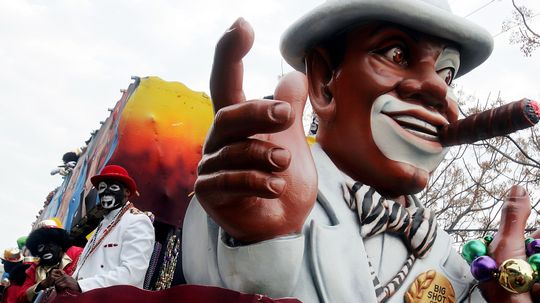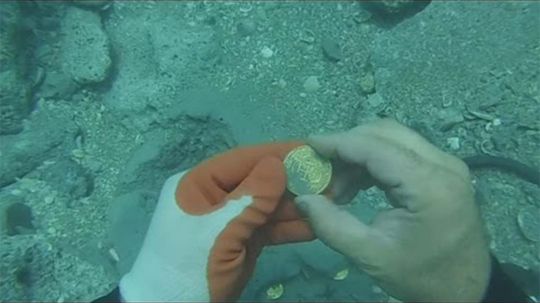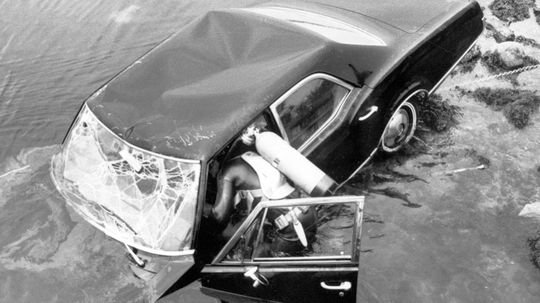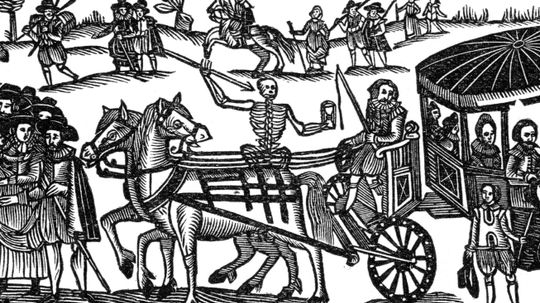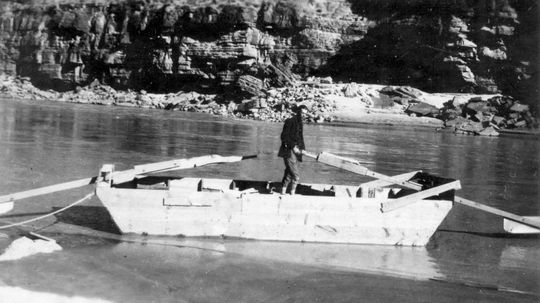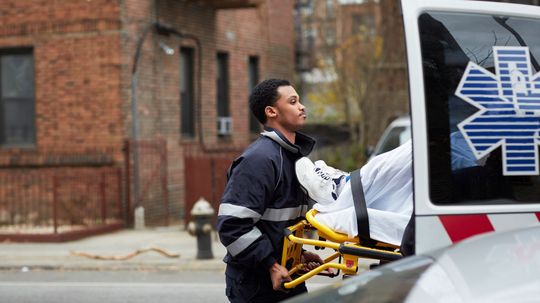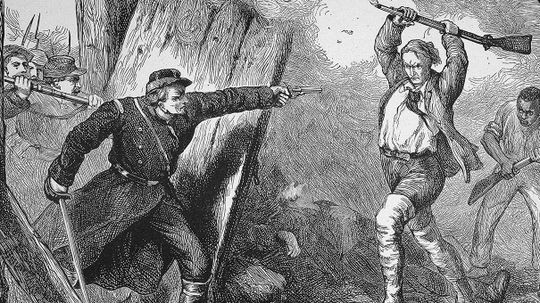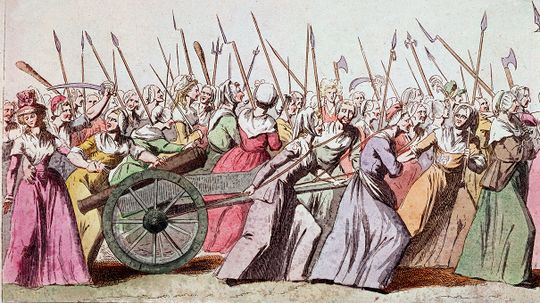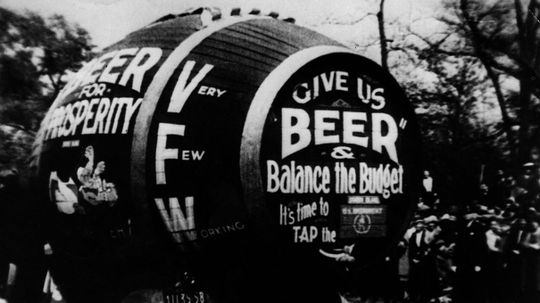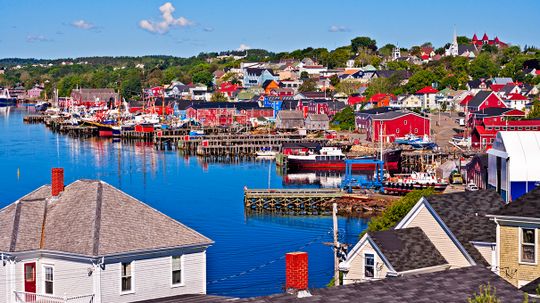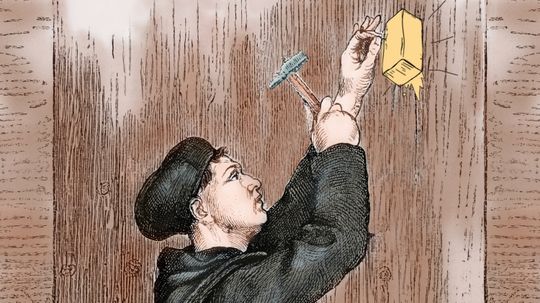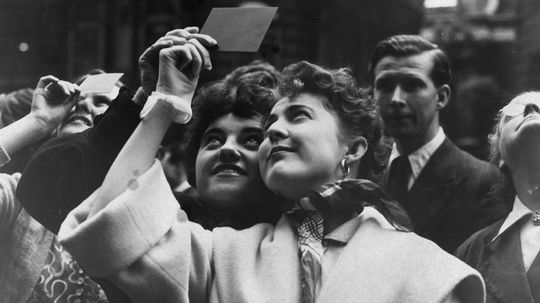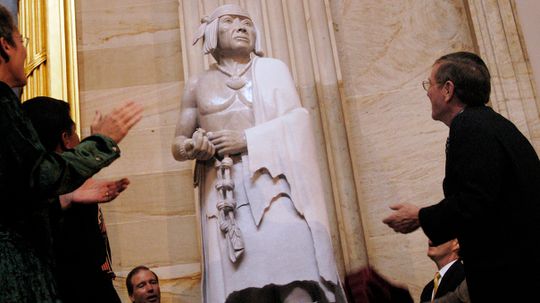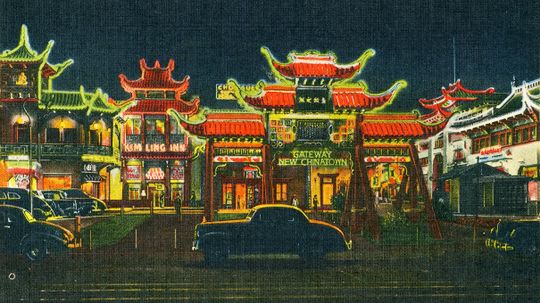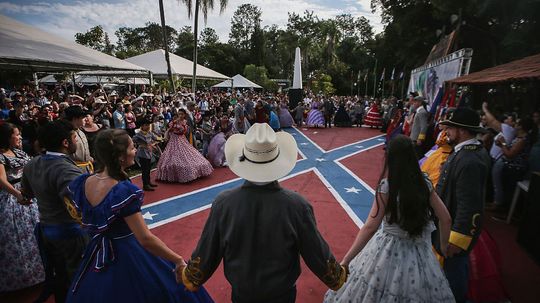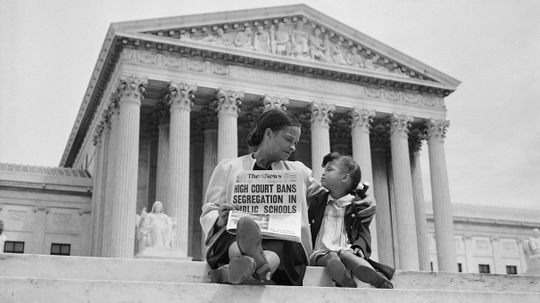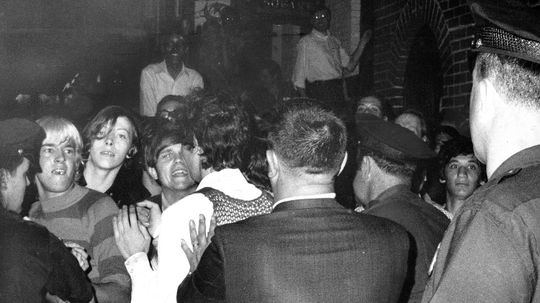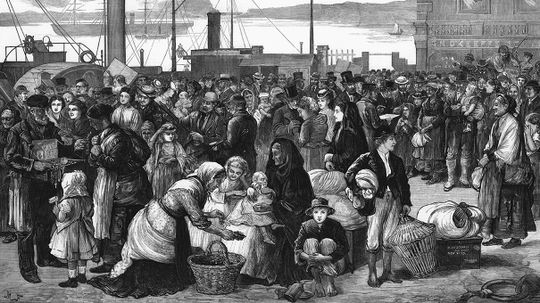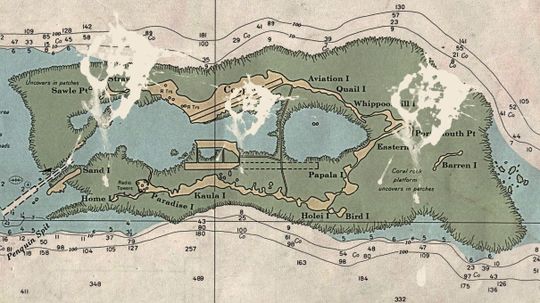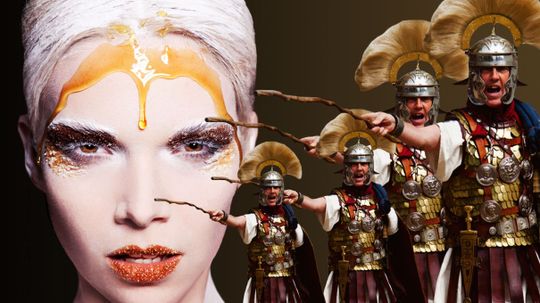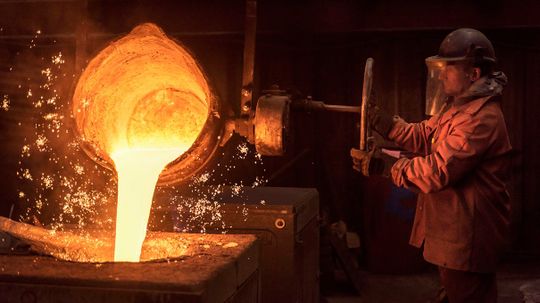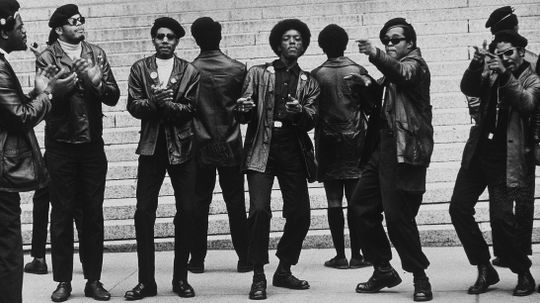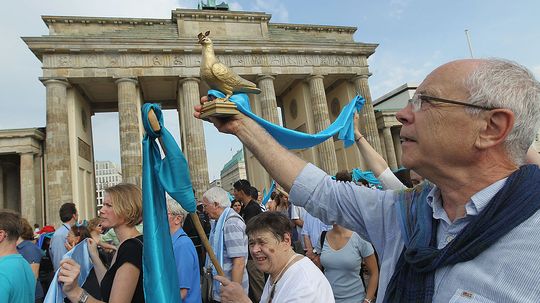Historical Events
From the Age of Enlightenment to the Christmas Truce, learn about some of history's most pivotal events.
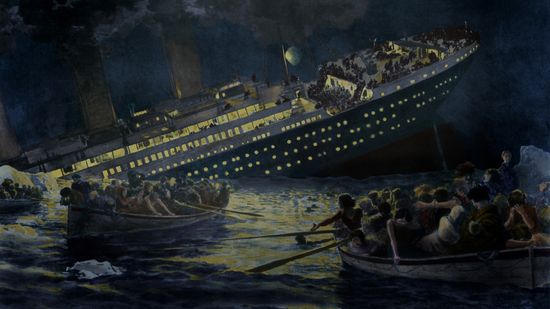
Who Were the Titanic Survivors?
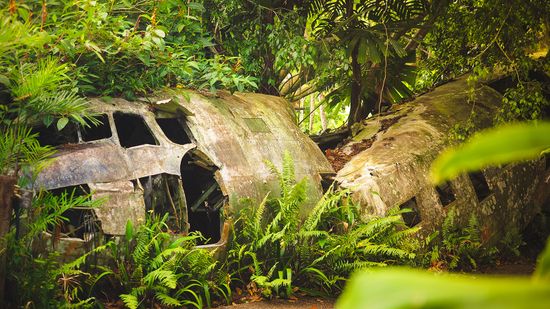
How Juliane Koepcke Survived the Crash of LANSA Flight 508
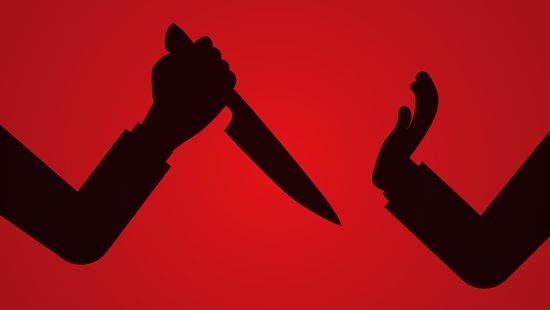
Wisconsin Serial Killers and Their Dark Knack for Notoriety

Who Is the Controversial Green Man on the Royal Coronation Invitation?
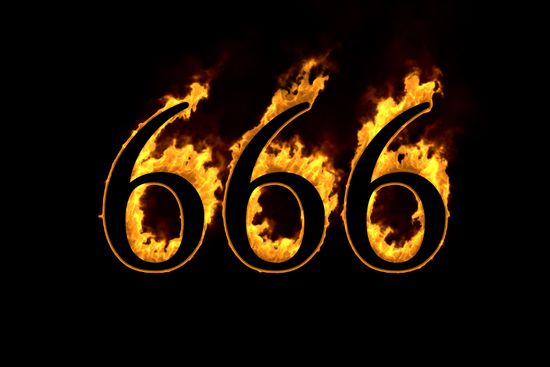
666 Meaning: Angel Number or the Devil's Digits?

Operation Midnight Climax: A CIA Sex, Drugs and Surveillance Program
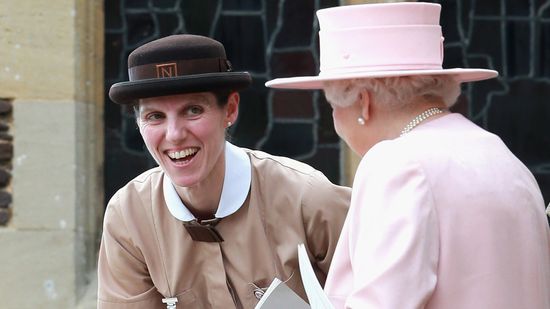
Norland College: Where the Royals Find Their Nannies

How the CPR Doll Developed From a Famous Parisian Death Mask

Point d'Alençon Lace Will Always Be the Queen of Lace

What Is the Oldest City in America? A Look at the Top 11

Why Was Cereal Invented? A Brief History of Corn Flakes
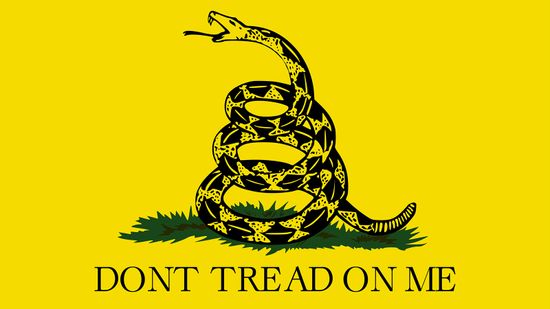
What's the Meaning of the 'Don't Tread on Me' Flag?

The Largest Continent Is Also the Most Populated

10 Oldest Countries in the World

Unlocking the Power of Greek Fire: The Byzantine Empire's Secret Weapon
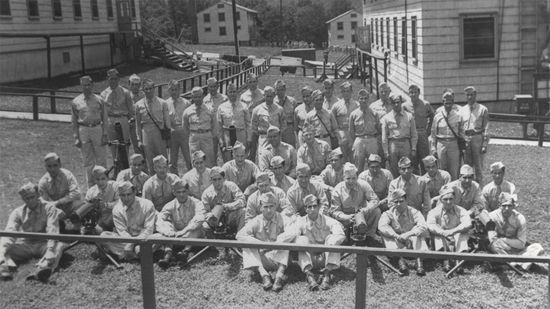
How the Ritchie Boys, Secret Refugee Infiltrators, Took on the Nazis
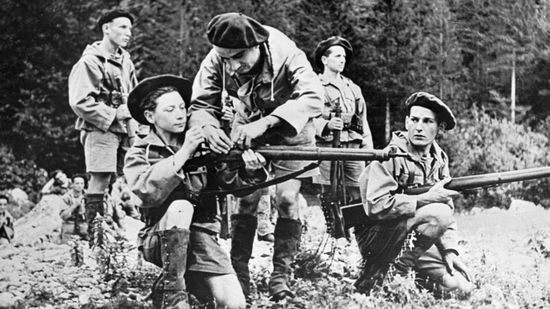
The French Resistance Took Many Forms During WWII
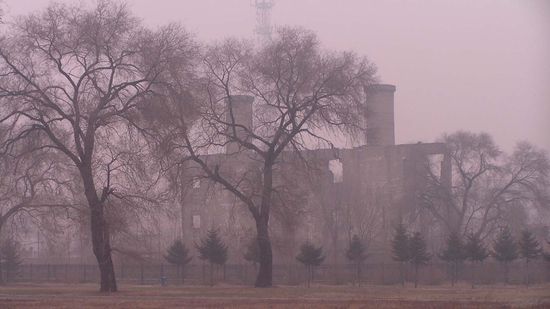
Inside Unit 731, Japan's Gruesome WWII Human Experiment Program
Learn More / Page 3
Blackface is alive and well. HowStuffWorks explores the history behind the practice, from minstrel and Halloween costumes to Shirley Temple and Drake.
When a shipwreck is found, who gets the loot? The case of the San Jose has got interested parties battling and legal scholars scratching their heads.
By Chris Opfer
What really happened when the late Senator Ted Kennedy's car plunged off a bridge in 1969 killing Mary Jo Kopechne?
By Diana Brown
Advertisement
The plague took millions of lives in the 1600s, but Parisians fought back with tart, sweet lemonade.
In 1928, Glen and Bessie Hyde embarked on an ambitious trip down the Colorado River. But their adventurous honeymoon came to an unfortunate early end. What happened?
From 1967 to 1975, an ambulance crew recruited from a poverty-stricken black neighborhood in Pittsburgh became the first-ever set of trained EMTs in America. Here is their untold story.
By Dave Roos
The raid amplified tensions between the North and South and intensified fear of slave rebellion.
Advertisement
In 1789, thousands of women frustrated by good shortages marched to Versailles with some serious demands for King Louis XIV.
Getting a prescription for alcohol back was once kind of like getting a prescription for medical marijuana today.
Most North American names are a mix of colonial and indigenous languages, so how did the Canadian province "New Scotland" end up with a moniker from a dead tongue?
Martin Luther had many grievances against the Roman Catholic Church. Including their ban on butter.
By Dave Roos
Advertisement
These historical images remind us that marvel and awe go hand-in-hand with science (and eclipses), and have been a part of the human experience for as long as we've been a species.
After enduring decades of brutal physical punishment and forced religious conversion by the Spanish, the pueblo peoples of the Southwest rebelled successfully.
Local governments, newspapers and unions waged a xenophobic campaign against "un-American" eateries, hoping to protect white jobs, and women, in the early 20th century.
One of the most American spots outside of the U.S. is, surprisingly, in Brazil. How did these descendants of the Confederacy end up there?
Advertisement
An edict King Ferdinand and Queen Isabella issued forced Jews to emigrate, convert to Christianity or die. Unsurprisingly, it caused a wave of terrible effects.
Brown v. Board of Education was a landmark case that advanced the fight against segregation laws, but it was a long road to get there.
The Stonewall Riots weren't the first time the LGBTQ community fought back against law enforcement, but they were a pivotal moment in the gay rights movement.
In the mid-1800s, the white American establishment feared Irish immigrants would alter the country's makeup with foreign religion and customs.
Advertisement
And people were sailing to remote islands to get it.
Sweet, delicious honey may seem like a strange ingredient for toxic warfare, but "mad honey" was, and still is, a potent poison.
You could probably give up a lot of things in this world, but could you give up your toothbrush?
Imagine burning molten metal poured into your open mouth. That horrifying form of execution actually happened — and scientists studied what actually killed the victim.
Advertisement
Back in the 1960s, the Black Panthers were considered either revolutionary heroes or dangerous communists, depending on who you asked. What was really the truth behind the group and what does it mean today?
By Alia Hoyt
Pacifism is more than just opposition to war. There are many types of pacifism, and some peace movements have successfully changed laws. But is pacifism still a valid concept in today's world of terrorism?
